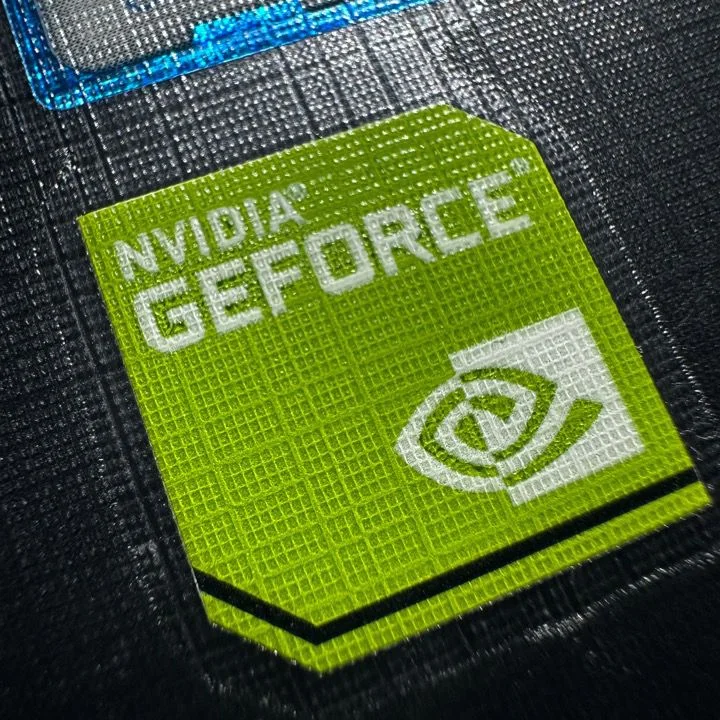Nvidia is working on a new version of its flagship AI chip specifically for the Chinese market, designed to comply with current US export regulations. This move comes as the US tightens its grip on semiconductor exports to China, aiming to curb advancements in supercomputing that could bolster China’s military capabilities. Nvidia’s Strategic Move to Develop a Compliant AI Chip for Chinese.
Nvidia’s “Blackwell” Chip Series and Its Chinese Variant
In March, Nvidia unveiled its latest “Blackwell” chip series, set for mass production later this year. These chips are a significant upgrade, featuring dual silicon squares, making them 30 times faster than Nvidia’s previous offerings in tasks such as powering chatbot responses. Within this series, the B200 model is particularly notable for its speed and efficiency.
Sources familiar with the matter revealed that Nvidia plans to collaborate with Inspur, a major Chinese distributor, to launch and distribute the new chip, tentatively named the “B20.” Shipments are expected to begin in the second quarter of 2025, according to one insider. These developments have not been publicly confirmed by Nvidia or Inspur, as both entities have yet to make official statements.
Navigating US Export Controls
Since tightening export controls on advanced semiconductors in 2023, the US has sought to prevent China from making significant strides in supercomputing and AI technology that could enhance its military capabilities. This policy shift has prompted Nvidia to develop three chips tailored specifically for the Chinese market. The introduction of a new chip from the Blackwell series for China is part of Nvidia’s strategy to maintain its foothold in the competitive market.
China represented about 17% of Nvidia’s revenue in the year ending January, down from 26% two years earlier, highlighting the impact of US sanctions. Despite initial challenges, Nvidia’s most advanced chip for China, the H20, has started to gain traction. Launched earlier this year, it initially struggled in the market, partly due to its pricing, which was lower than that of a Huawei rival. However, sales have surged, with reports indicating that Nvidia is on track to sell over 1 million H20 chips in China this year, generating an estimated $12 billion in revenue, according to SemiAnalysis.
Market Dynamics and Strategic Partnerships
Nvidia’s collaboration with Inspur underscores its strategy to enhance its presence in China. The development of the “B20” chip, tailored to meet local regulations and market needs, is expected to bolster Nvidia’s competitive edge. The chip is designed to align with US export controls, ensuring compliance while addressing the demand for advanced AI processing in China.
Amidst these developments, Chinese tech giants like Huawei and Tencent-backed startups, such as Enflame, have made notable inroads into the domestic market for advanced AI processors. The tightening of US export controls has inadvertently spurred local innovation and competition, pushing Chinese companies to accelerate their efforts in semiconductor development.
The Broader Impact of US Export Regulations
The US government’s stringent stance on semiconductor exports is not limited to Nvidia. There are ongoing discussions to encourage the Netherlands and Japan to impose further restrictions on the export of chipmaking equipment to China. Additionally, the Biden administration is considering measures to regulate the most advanced AI models, which are essential for AI systems like ChatGPT.
This tightening regulatory environment has caused significant turbulence in the global chip market. Recently, chip stocks worldwide fell sharply following reports that the Biden administration was contemplating the implementation of the Foreign Direct Product Rule. This measure would allow the US to block the sale of products made with American technology, further intensifying the challenges faced by semiconductor companies globally.
Outlook and Future Prospects
As Nvidia prepares to introduce the “B20” chip, expectations are high for its impact on the Chinese market. The company’s ability to navigate the complex regulatory landscape while continuing to innovate in AI technology will be crucial. The US’s stance on semiconductor exports is likely to persist, with ongoing efforts to restrict China’s access to cutting-edge technology.
For Nvidia, the focus remains on balancing compliance with innovation, ensuring that its products continue to meet the stringent requirements of global markets. The introduction of the “B20” chip is a testament to Nvidia’s commitment to maintaining its leadership in AI technology, even as geopolitical dynamics evolve.
In conclusion, Nvidia’s move to develop a new AI chip for China, adhering to US export controls, highlights the company’s strategic response to the changing global tech landscape. With the “B20” chip set for release in 2025, Nvidia aims to reinforce its position in the Chinese market, navigating the complexities of international regulations while driving advancements in AI technology.
More News: Tech News


